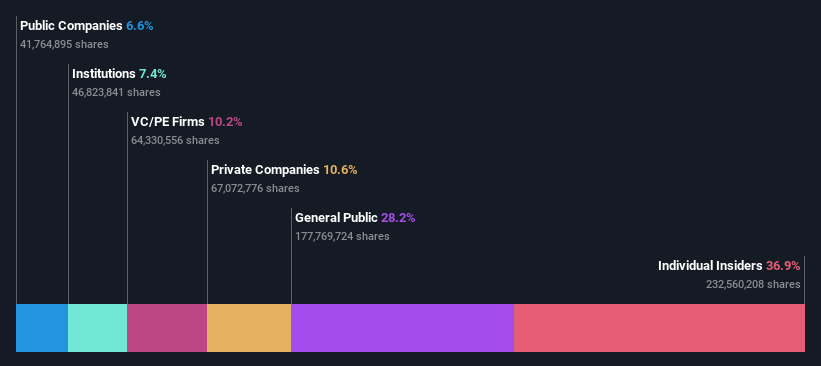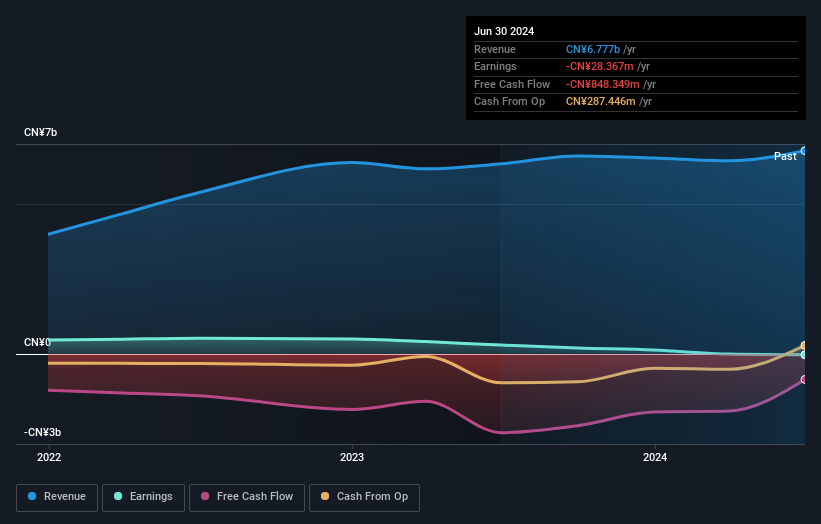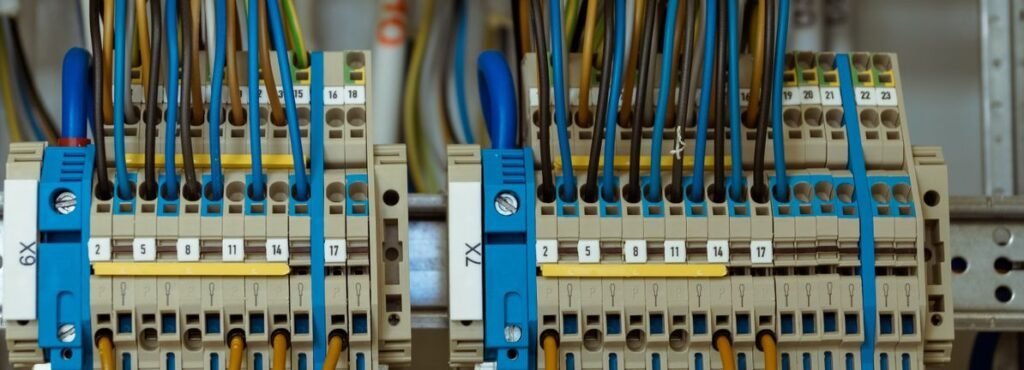Key Insights
- Jiujiang Defu Technology’s significant insider ownership suggests inherent interests in company’s expansion
- 51% of the business is held by the top 4 shareholders
- Past performance of a company along with ownership data serve to give a strong idea about prospects for a business
If you want to know who really controls Jiujiang Defu Technology Co., Limited (SZSE:301511), then you’ll have to look at the makeup of its share registry. And the group that holds the biggest piece of the pie are individual insiders with 37% ownership. Put another way, the group faces the maximum upside potential (or downside risk).
As a result, insiders scored the highest last week as the company hit CN¥9.6b market cap following a 15% gain in the stock.
Let’s delve deeper into each type of owner of Jiujiang Defu Technology, beginning with the chart below.
Check out our latest analysis for Jiujiang Defu Technology

What Does The Institutional Ownership Tell Us About Jiujiang Defu Technology?
Institutions typically measure themselves against a benchmark when reporting to their own investors, so they often become more enthusiastic about a stock once it’s included in a major index. We would expect most companies to have some institutions on the register, especially if they are growing.
Jiujiang Defu Technology already has institutions on the share registry. Indeed, they own a respectable stake in the company. This suggests some credibility amongst professional investors. But we can’t rely on that fact alone since institutions make bad investments sometimes, just like everyone does. When multiple institutions own a stock, there’s always a risk that they are in a ‘crowded trade’. When such a trade goes wrong, multiple parties may compete to sell stock fast. This risk is higher in a company without a history of growth. You can see Jiujiang Defu Technology’s historic earnings and revenue below, but keep in mind there’s always more to the story.

We note that hedge funds don’t have a meaningful investment in Jiujiang Defu Technology. Ke Ma is currently the largest shareholder, with 31% of shares outstanding. Shanghai Ruixiao Investment Management Center (L.P.) is the second largest shareholder owning 10% of common stock, and Defu Ma holds about 6.2% of the company stock. Defu Ma, who is the third-largest shareholder, also happens to hold the title of Member of the Board of Directors.
Our research also brought to light the fact that roughly 51% of the company is controlled by the top 4 shareholders suggesting that these owners wield significant influence on the business.
Researching institutional ownership is a good way to gauge and filter a stock’s expected performance. The same can be achieved by studying analyst sentiments. Our information suggests that there isn’t any analyst coverage of the stock, so it is probably little known.
Insider Ownership Of Jiujiang Defu Technology
The definition of company insiders can be subjective and does vary between jurisdictions. Our data reflects individual insiders, capturing board members at the very least. The company management answer to the board and the latter should represent the interests of shareholders. Notably, sometimes top-level managers are on the board themselves.
I generally consider insider ownership to be a good thing. However, on some occasions it makes it more difficult for other shareholders to hold the board accountable for decisions.
Our information suggests that insiders maintain a significant holding in Jiujiang Defu Technology Co., Limited. Insiders own CN¥3.6b worth of shares in the CN¥9.6b company. That’s quite meaningful. Most would be pleased to see the board is investing alongside them. You may wish to access this free chart showing recent trading by insiders.
General Public Ownership
With a 28% ownership, the general public, mostly comprising of individual investors, have some degree of sway over Jiujiang Defu Technology. This size of ownership, while considerable, may not be enough to change company policy if the decision is not in sync with other large shareholders.
Private Equity Ownership
With an ownership of 10%, private equity firms are in a position to play a role in shaping corporate strategy with a focus on value creation. Some investors might be encouraged by this, since private equity are sometimes able to encourage strategies that help the market see the value in the company. Alternatively, those holders might be exiting the investment after taking it public.
Private Company Ownership
It seems that Private Companies own 11%, of the Jiujiang Defu Technology stock. It might be worth looking deeper into this. If related parties, such as insiders, have an interest in one of these private companies, that should be disclosed in the annual report. Private companies may also have a strategic interest in the company.
Public Company Ownership
Public companies currently own 6.6% of Jiujiang Defu Technology stock. We can’t be certain but it is quite possible this is a strategic stake. The businesses may be similar, or work together.
Next Steps:
It’s always worth thinking about the different groups who own shares in a company. But to understand Jiujiang Defu Technology better, we need to consider many other factors. To that end, you should learn about the 4 warning signs we’ve spotted with Jiujiang Defu Technology (including 3 which make us uncomfortable) .
If you would prefer check out another company — one with potentially superior financials — then do not miss this free list of interesting companies, backed by strong financial data.
NB: Figures in this article are calculated using data from the last twelve months, which refer to the 12-month period ending on the last date of the month the financial statement is dated. This may not be consistent with full year annual report figures.
New: Manage All Your Stock Portfolios in One Place
We’ve created the ultimate portfolio companion for stock investors, and it’s free.
• Connect an unlimited number of Portfolios and see your total in one currency
• Be alerted to new Warning Signs or Risks via email or mobile
• Track the Fair Value of your stocks
Have feedback on this article? Concerned about the content? Get in touch with us directly. Alternatively, email editorial-team (at) simplywallst.com.
This article by Simply Wall St is general in nature. We provide commentary based on historical data and analyst forecasts only using an unbiased methodology and our articles are not intended to be financial advice. It does not constitute a recommendation to buy or sell any stock, and does not take account of your objectives, or your financial situation. We aim to bring you long-term focused analysis driven by fundamental data. Note that our analysis may not factor in the latest price-sensitive company announcements or qualitative material. Simply Wall St has no position in any stocks mentioned.

